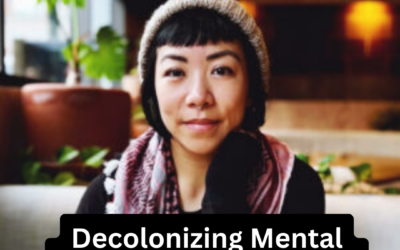Podcast: Play in new window | Download (Duration: 48:23 — 33.2MB)
Subscribe: Apple Podcasts | Spotify | Amazon Music
IN THIS EPISODE:
Sexuality From A Neurobiological Perspective
In this episode, our guest is Dr. Alexandra Katehakis, Ph.D., LMFT, who is the Founder and Clinical Director of the Center for Healthy Sex in Los Angeles, California and author of Sex Addiction As Affect Dysregulation: A Neurobiologically Informed Holistic Treatment, co-author of the multiple award-winning Mirror of Intimacy: Daily Reflections on Emotional and Erotic Intelligence, contributing author to Making Advances: A Comprehensive Guide for Treating Female Sex and Love Addicts, and author of Erotic Intelligence: Igniting Hot Healthy Sex While in Recovery From Sex Addiction.
Dr. Katehakis’ and Dr. Kelley engage in a sex-positive discussion on how neurobiology, affect regulation and sexuality intersect and impact our ability to express ourselves fully throughout our lives.
This podcast answers such questions as:
- How do we engage our kids in a positive, non-shaming way about their developing sexuality?
- How can the experience of shame around sexual experiences at an early age lead to sexual compulsivity?
- How do you talk with our sexual partner/s about needs, desires, fears and wants in order to have sexual lives rich with vitality and excitement?
- How do psychoneurobiology, sex and trauma relate to one another?
- How can people restore their sexuality to something that’s true and beautiful for them?
- How has the availability of internet pornography shaped our culture, our brains and our sexual expression?
- How does one recognize and treat the signs of sexual compulsivity and sex addiction?
Sexual addiction is addressed as a non-shaming and hopeful conceptualization that promotes successful treatment and secure relating.
RESOURCES:
Additional resources for this episode:
- Affect Dysregulation and Disorders of the Self Alan Schore
- Facing Recovery, Starting Relational and Sexual Recovery Patrick Carnes
- Brainstorm the Power and Purpose of the Teenage Brain Dan Siegel
- Center for Healthy Sex Dr. Alexandra Katehakis
- Excellent PDF by Dr. Alexandra Katehakis shared with permission.














